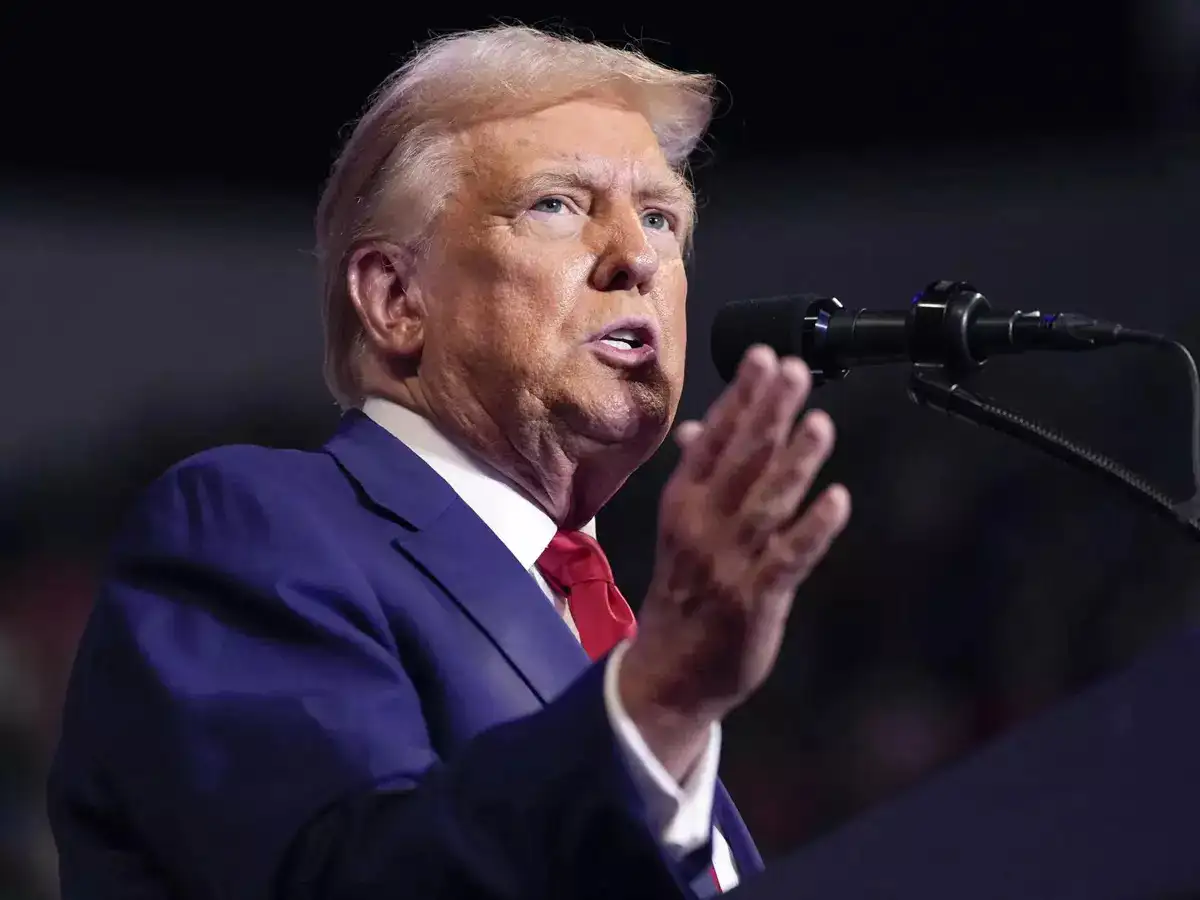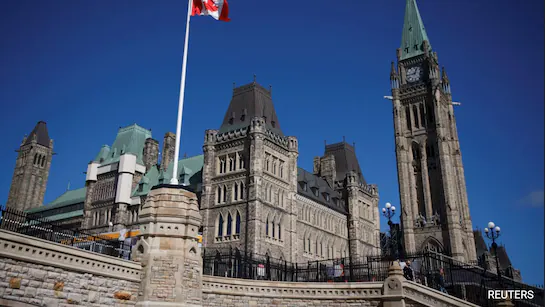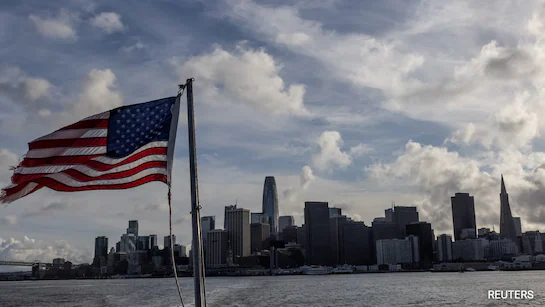On April 2, Trump imposed a base tax of 10% on imports from all countries, with higher rates applied to those the administration determined posed serious obstacles to US goods. Later, the majority of those additional tariffs were halted for ninety days.
The Trump administration, however, did not grant China any relief, levying duties of up to 145% on Chinese exports, with the exception of certain technological items. The European Union has drafted its own retaliatory tariffs, but they are now on hold, in response to China’s 125 percent levy on US exports.
Trump justified the levies by pointing to the 1977 International Emergency Economic Powers Act. The statute gives presidents the power to deal with “unusual and extraordinary” national security risks.
California’s complaint, however, contests this interpretation, claiming that the 1977 statute does not provide a president the authority to unilaterally impose tariffs and declare a trade emergency of this magnitude.
Why has California moved against Trump’s tariffs?
California, which would rank as the world’s fifth-largest economy if it were a nation, has been directly impacted, according to the state’s court brief. Significant commercial ties with China, Mexico, and Canada have been strained, and the state claims that more damage will result from the tariffs’ ongoing implementation.
In order to stop the Department of Homeland Security and Customs and Border Protection from implementing the tariff measures, Newsom and Bonta are requesting a court order.
The case from California is one of at least two lawsuits that are contesting the levies. In an effort to stop all of the levies, the Liberty Justice Center has filed a case in the New York Court of International Trade. Separately, a small business owner in Florida is suing in federal court to challenge the tariffs particular to China.















